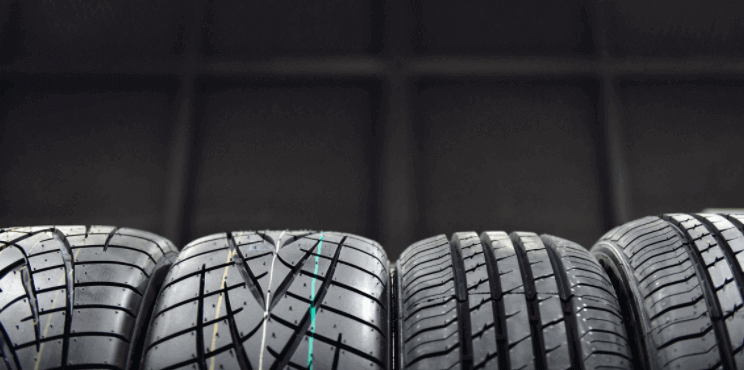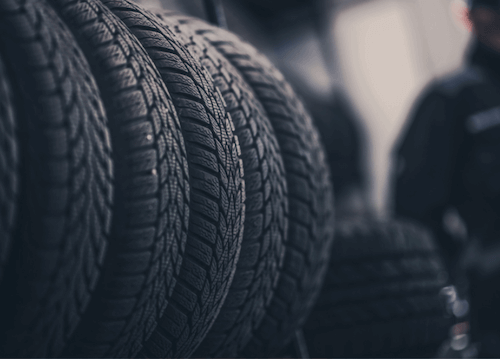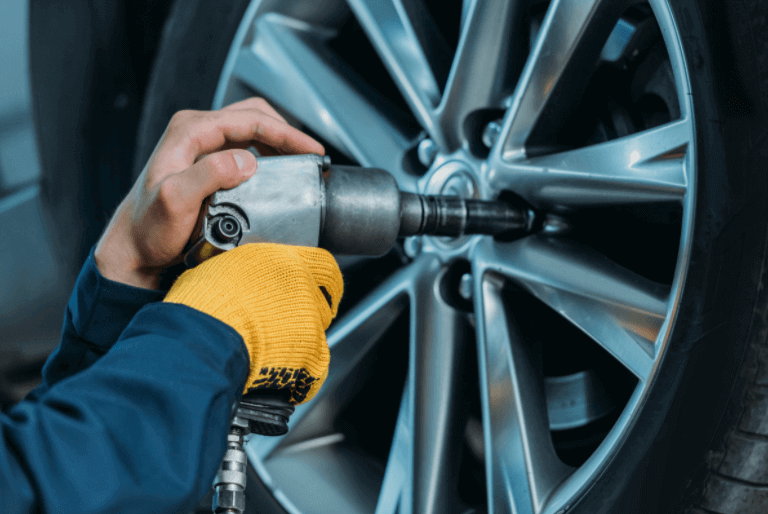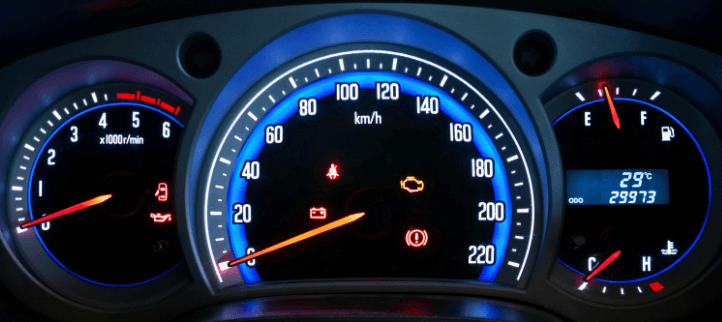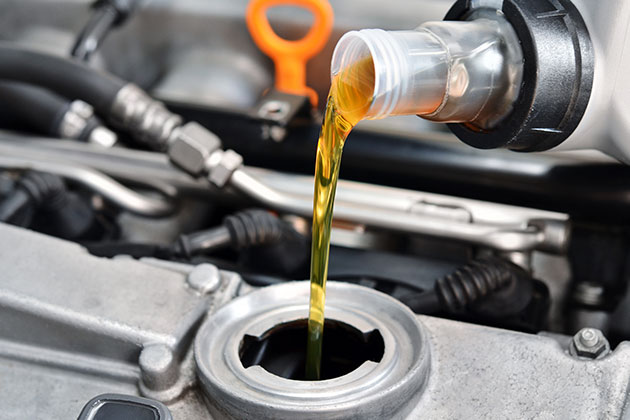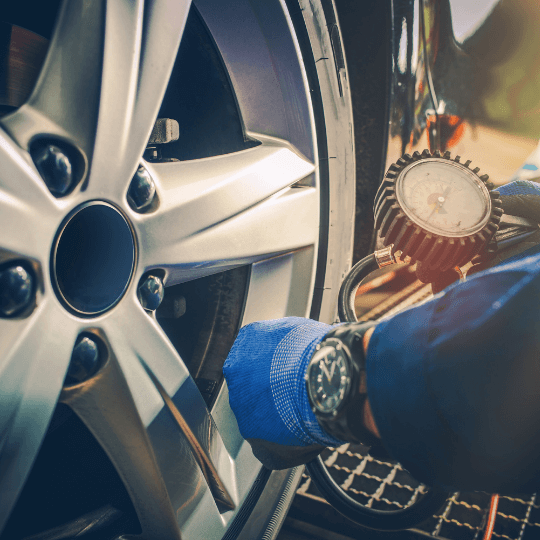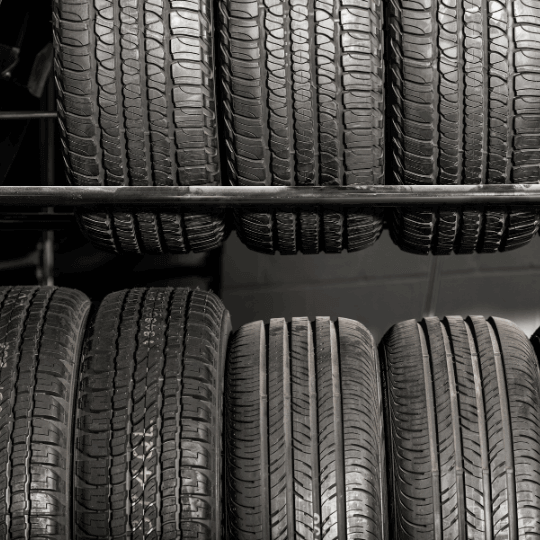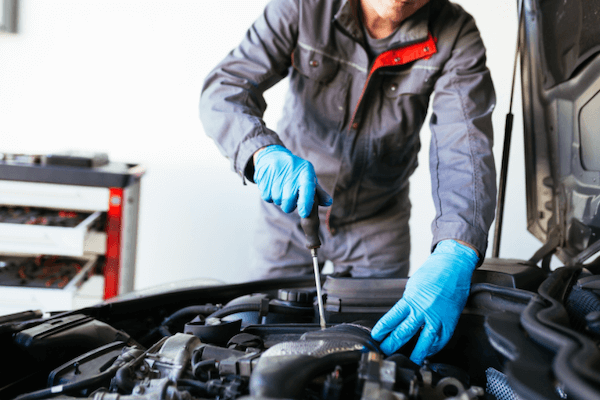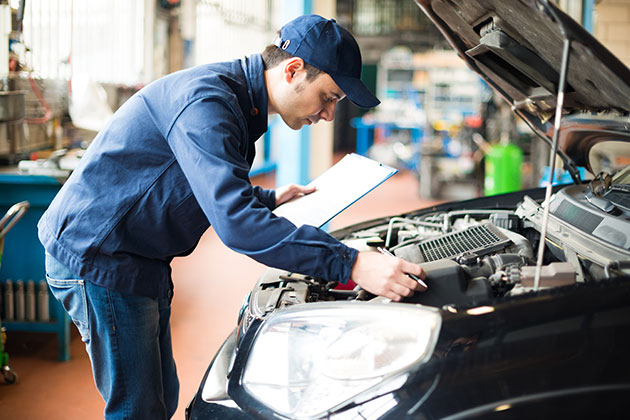A Guide to the Tire Finder Tool
Too often, the process of buying tires turns into an expensive guessing game, as many mechanics and tire distributors lack transparency. Chapel Hill Tire works to provide our customers with an improved experience through our online Tire Finder. This tool matches tires to your vehicle and shares their costs, features, and other details—helping you make the right choice for your needs. When it comes to finding the right tires for you, online shopping offers convenience, selection, and clarity. Here is a quick guide on how to use our Tire Finder tool.
Step 1: Visit The Tire Finder Page
First, you need to visit the Tire Finder tool page. Here at Chapel Hill Tire, we offer this tool in addition to a vast selection of tires. Unlike other businesses, we are not affiliated with any single tire brand, meaning that our tool will help you find the right tires for you without any bias or ulterior motives.
Step 2: Enter In Your Vehicle Information
Next, you will need to enter basic information about your vehicle and your tires, including the make, model, year, tire size, and the tire season you are shopping for.
Some of these answers are common knowledge, while others you can find in your owner’s manual. It is also helpful to check your tire information sticker, which is often located on the driver’s side door frame, right next to the driver’s seat. This sticker contains information about your tire size, in addition to other insights, such as tire pressure recommendations.
If you do not feel like entering this information manually, you can search by entering your license plate number or the tire size you are looking for.
Finally, the Tire Finder will ask you which tire season you prefer. Click here for our quick breakdown of tire seasons.
Step 3: View Your Tire Selection
The Tire Finder Tool will ask you for your preferred location, and then pull all of the available tires that match your search. You can explore the options, add filters, and compare similar tires, or adjust your search for new results. You will not just view names and appearances—this result page also provides you with a wealth of information. You can easily find the answers to your tire questions, including:
- How Much Do New Tires Cost? The free Tire Finder tool will tell you the cost per tire. This information is written transparently, making selecting tires based on your budget easy. For further pricing details, you can also view the “out the door price.” This includes information about standard and available add-ons, giving you the full tire price without any surprises or hidden fees.
- Are my tires protected? You can review the manufacturer’s mileage warranty, as well as available Chapel Hill Tire warranties.
- What are my tire features? The Tire Finder lists the features, specs, and any available reviews with each tire.
FAQ About The Tire Finder Tool
Do I need to give my contact information to use the Tire Finder? The short answer is no. We will not ask you for your email address or any contact information during any point of your tire exploration process. You will only be asked for information if you find the tires you are looking for and are ready to check out.
Have you ever been asked to answer laborious questions about your product needs, only for a business to withhold your results until you enter in your contact information? These types of information “gimmicks” are an easy way to lose customer trust and create unnecessary frustration. The Tire Finder Tool is different. It is created to help our customers, provide transparent information, and make tire buying easy. It is not a ploy to gain contact information—that is simply not in our Chapel Hill Tire Values.
Is the Tire Finder tool free to use? YES! We offer this tool and information about our tires for free. You will not be asked for any payment or information unless you decide to buy tires.
What if I do not know the answer to a Tire Finder question? If you need help, the experts at Chapel Hill Tire are here for you. Give us a call or visit your nearest Chapel Hill Tire location for support. We will answer all of your questions and guide you to the right tires for you.
What about the Price Beat Guarantee? Chapel Hill Tire’s famous Price Beat Guarantee gives you 10% off of the difference when you find a lower competitor tire quote. If you are using the Price Beat Guarantee, you can still find your tires using the Tire Finder. Once you have your tires picked out, give our experts a call for price adjustments.
Chapel Hill Tire Online Tire Buying
Are you ready to start shopping for your next set of tires? You can get started right away with the Tire Finder. This resource connects you to the inventory at all nine of our Triangle-area locations, including those in Raleigh, Durham, Chapel Hill, and Carrboro. Our local mechanics look forward to helping you get the new tires you need today!
